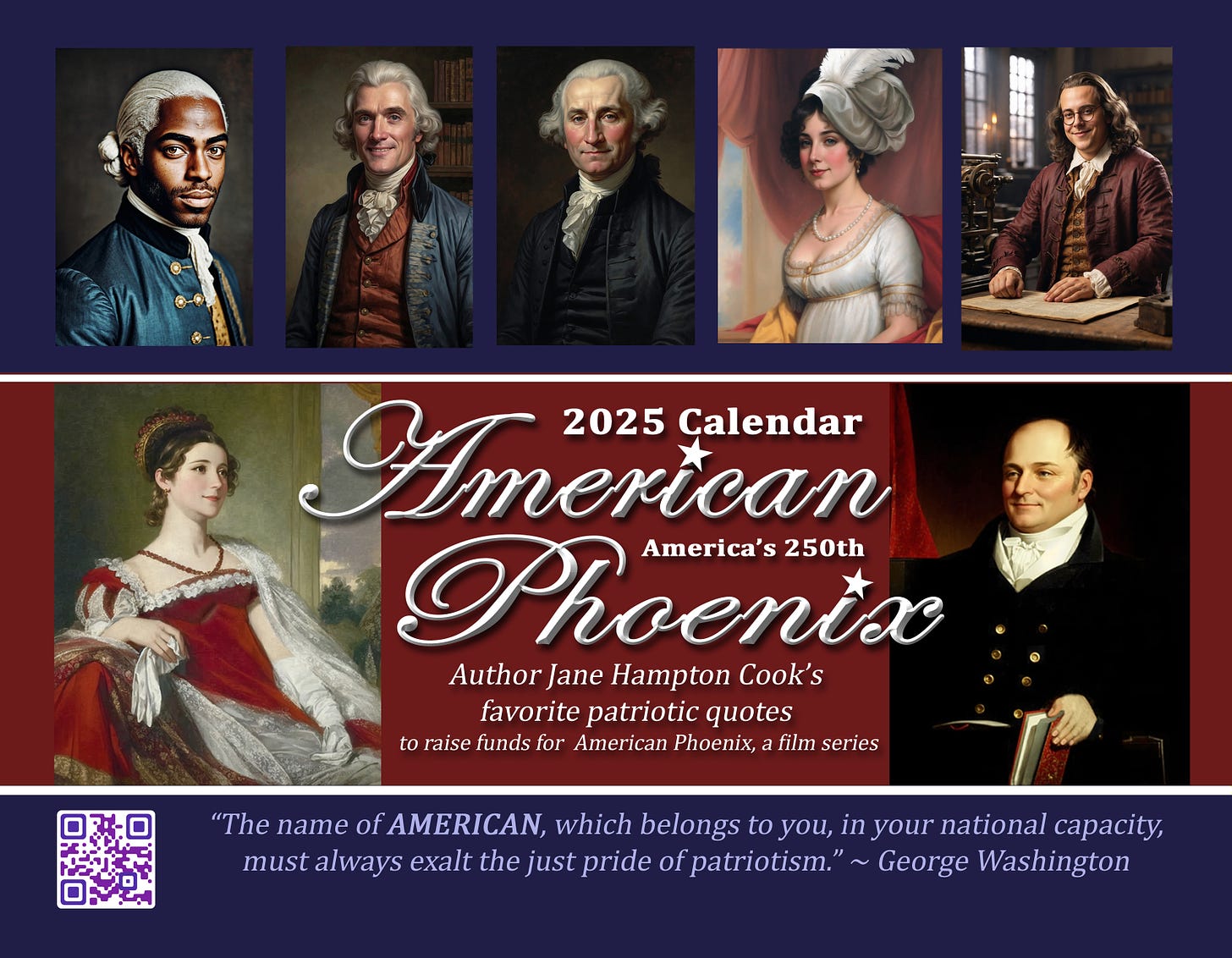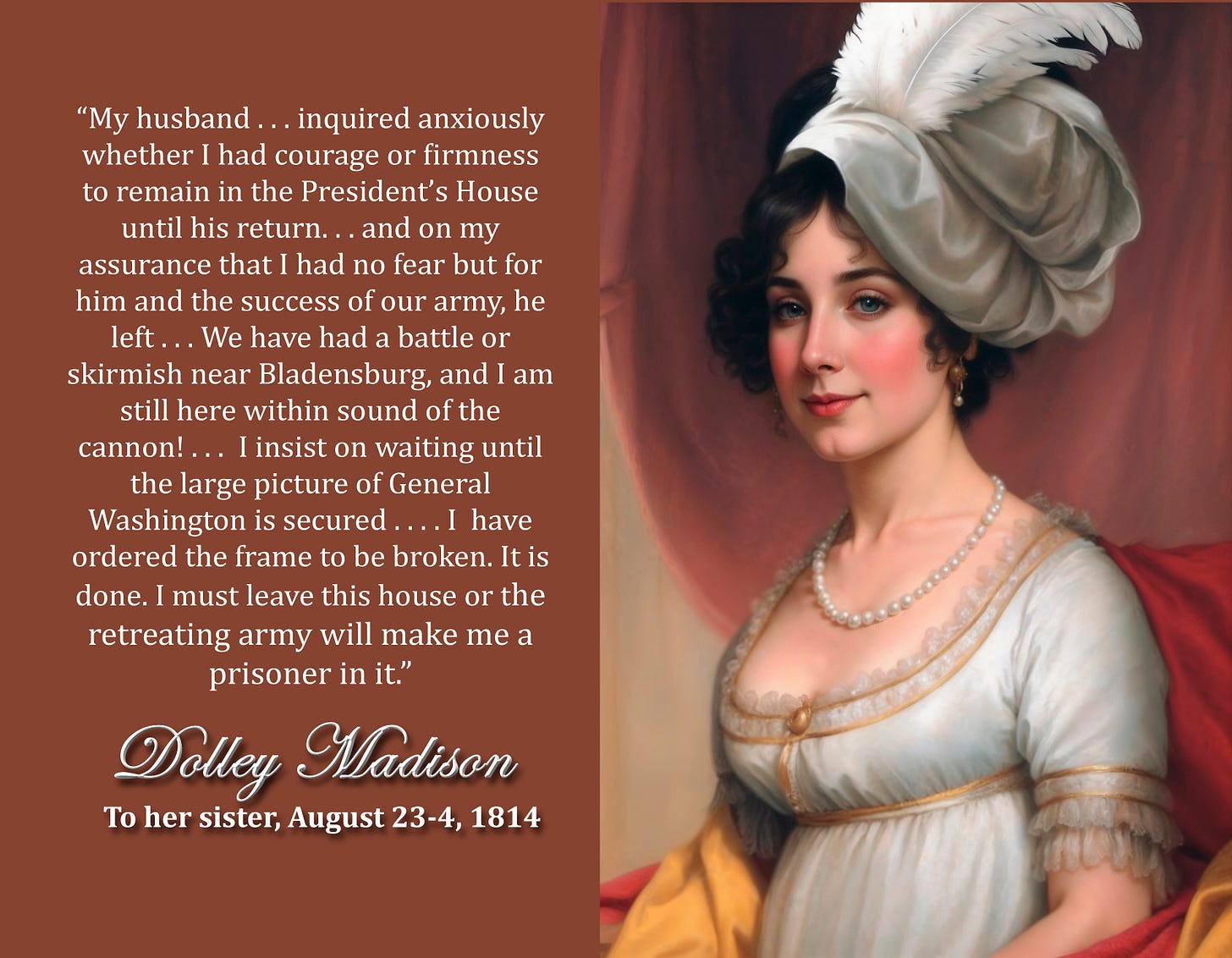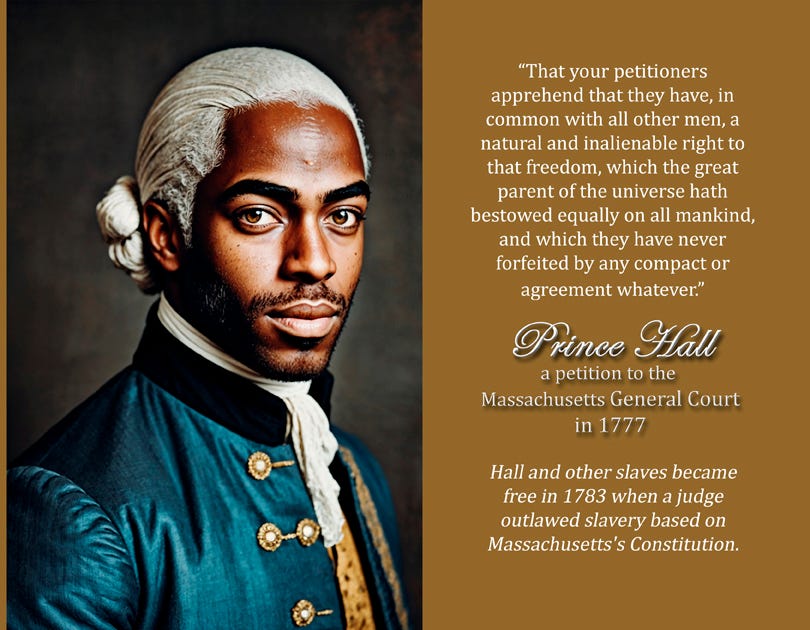Why Did Some in Congress oppose George Washington’s 1789 Thanksgiving Proclamation?
President George Washington’s first Thanksgiving as president
This Thanksgiving comes in the wake of the 2024 presidential election. Day after day, the news is rhythmically filled with President-elect Donald Trump’s cabinet and administration nominees. The nation’s first Thanksgiving under the new U.S. Constitution similarly came in the wake of appointing the first president’s nominees to his cabinet and administration. Surprisingly, a few members of Congress opposed Washington’s Thanksgiving Proclamation in 1789. Why? Who would dare oppose Thanksgiving?
In September 1789, Congressman Elias Boudinot of New Jersey introduced in a resolution in the House of Representatives:
“That a joint committee of both Houses be directed to wait upon the President of the United States, to request that he would recommend to the people of the United States a day of public thanksgiving and prayer.”
South Carolina Congressman Aedanus Burke opposed the resolution. Burke “did not like this mimicking of European customs, where they made a mere mockery of thanksgivings.” Another Congressman from South Carolina, Thomas Tudor Tucker, “thought the House had no business to interfere in a matter which did not concern them.”
“Why should the President direct the people to do what, perhaps, they have no mind to do? They may not be inclined to return thanks for a Constitution until they have experienced that it promotes their safety and happiness,” Tucker continued.
Congressman Tucker noted that Congress didn’t yet know if the American people were happy with their new Constitution, which was ratified by the states in June 1788.
He believed, “it is a business with which Congress have nothing to do; it is a religious matter, and, as such, is proscribed to us. If a day of thanksgiving must take place, let it be done by the authority of the several States.”
Boudinot and other Congressmen reminded Tucker and Burke about the several days of thanks set aside during the American Revolution. In fact, the first time that George Washington wrote the word, “Thanksgiving,” was in November of 1775.
At that time, General Washington commanded soldiers in the Continental Army in Cambridge, Massachusetts. These troops had come from different parts of the colonies to protect the Massachusetts countryside from the British troops that occupied Boston proper. When he learned that the Massachusetts legislature had set aside a day to give thanks, General Washington issued general orders for his men to participate in this local custom.
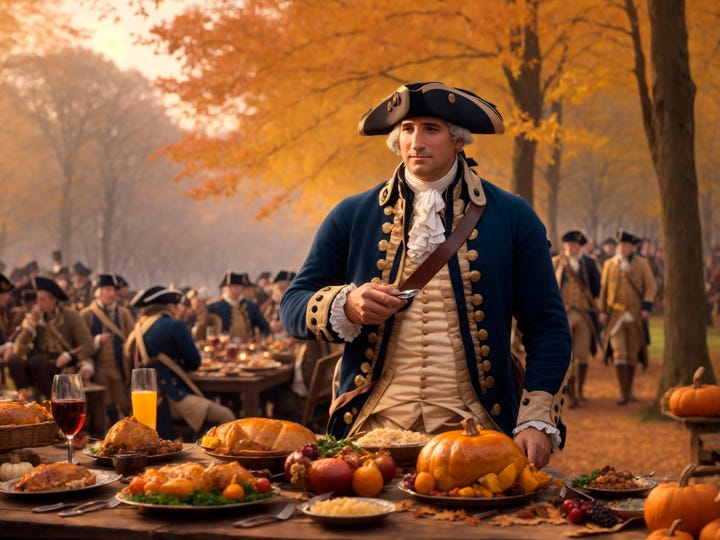
Washington wanted his soldiers “to offer up our praises, and prayers, to Almighty God, the Source and Benevolent Bestower of all good.” He wanted God to “to smile upon our endeavors, to restore peace, preserve our rights, and privileges, to the latest posterity; prosper the American Arms, preserve and strengthen the harmony of the United Colonies, and avert the calamities of a civil war.”
These reminders of past Thanksgivings won over the members of Congress. Congressman Boudinot won the argument. A joint committee of the House and Senate met and asked President Washington to issue a resolution. On October 3, 1789, Washington issued a Thanksgiving Proclamation and called upon Americans to set aside November 26, 1789, as a day for giving thanks.
The president sent his resolution to the governors of the states. With newspapers widely publishing Washington’s Proclamation, Americans throughout the 13 states attended church services, where they gave thanks to God for the new United States of America. The chaplain of the Virginia legislature preached a sermon for the Virginia General Assembly.
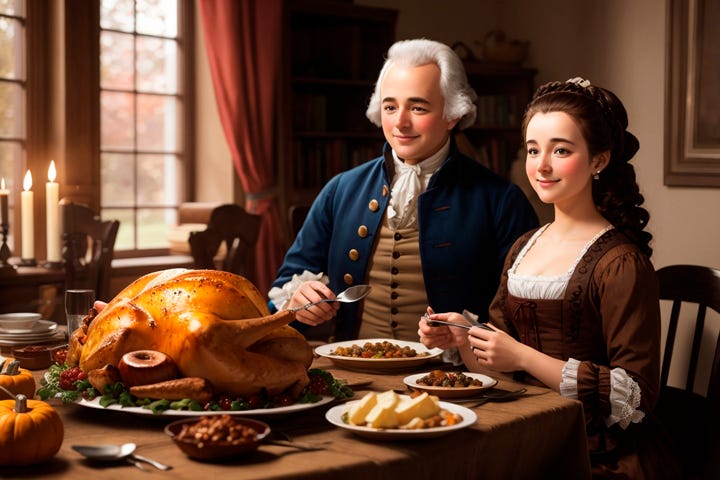
Many Americans, including George Washington, gave donations to local charities to help the poor. Central to Washington’s Thanksgiving Proclamation was his desire to lead America with wisdom and justice. Here is a relevant take away from his 1789 Thanksgiving Proclamation:
“To render our national government a blessing to all the people, by constantly being a Government of wise, just, and constitutional laws, discreetly and faithfully executed and obeyed,”
~ George Washington’s Thanksgiving Proclamation, October 3, 1789.
As president, Washington believed that it was “the duty of all Nations to acknowledge the providence of Almighty God, to obey his will, to be grateful for his benefits, and humbly to implore his protection and favor.” He wanted the people of the United States to have grateful hearts and acknowledge the Almighty’s favor as they formed a new government. He wanted Americans to “unite in most humbly offering our prayers and supplications to the great Lord and Ruler of Nations and beseech him to pardon our national and other transgressions.”
In the years that followed, America became a great nation because Americans were a grateful nation along the way.
Today, Americans have the opportunity to do the same as the people of the United States in 1789, to be grateful to God for his blessings and favor, especially as the government transitions to a new administration. May the new leaders of the federal government govern with wisdom and justice.
Below is the full text of President Washington’s 1789 Thanksgiving Proclamation.
Thanksgiving Proclamation, 3 October 1789
[New York, 3 October 1789]
By the President of the United States of America. a Proclamation.
Whereas it is the duty of all Nations to acknowledge the providence of Almighty God, to obey his will, to be grateful for his benefits, and humbly to implore his protection and favor—and whereas both Houses of Congress have by their joint Committee requested me “to recommend to the People of the United States a day of public thanksgiving and prayer to be observed by acknowledging with grateful hearts the many signal favors of Almighty God especially by affording them an opportunity peaceably to establish a form of government for their safety and happiness.”
Now therefore I do recommend and assign Thursday the 26th day of November next to be devoted by the People of these States to the service of that great and glorious Being, who is the beneficent Author of all the good that was, that is, or that will be—That we may then all unite in rendering unto him our sincere and humble thanks—for his kind care and protection of the People of this Country previous to their becoming a Nation—for the signal and manifold mercies, and the favorable interpositions of his Providence which we experienced in the course and conclusion of the late war—for the great degree of tranquillity, union, and plenty, which we have since enjoyed—for the peaceable and rational manner, in which we have been enabled to establish constitutions of government for our safety and happiness, and particularly the national One now lately instituted—for the civil and religious liberty with which we are blessed; and the means we have of acquiring and diffusing useful knowledge; and in general for all the great and various favors which he hath been pleased to confer upon us.
and also that we may then unite in most humbly offering our prayers and supplications to the great Lord and Ruler of Nations and beseech him to pardon our national and other transgressions—to enable us all, whether in public or private stations, to perform our several and relative duties properly and punctually—to render our national government a blessing to all the people, by constantly being a Government of wise, just, and constitutional laws, discreetly and faithfully executed and obeyed—to protect and guide all Sovereigns and Nations (especially such as have shewn kindness unto us) and to bless them with good government, peace, and concord—To promote the knowledge and practice of true religion and virtue, and the encrease of science among them and us—and generally to grant unto all Mankind such a degree of temporal prosperity as he alone knows to be best.
Given under my hand at the City of New-York the third day of October in the year of our Lord 1789.
Go: Washington
My new 2025 Calendar of historical quotes is available through Lulu.com. Proceeds go toward a film fund for turning my book about John Quincy and Louisa Adams, American Phoenix, into a TV series.
